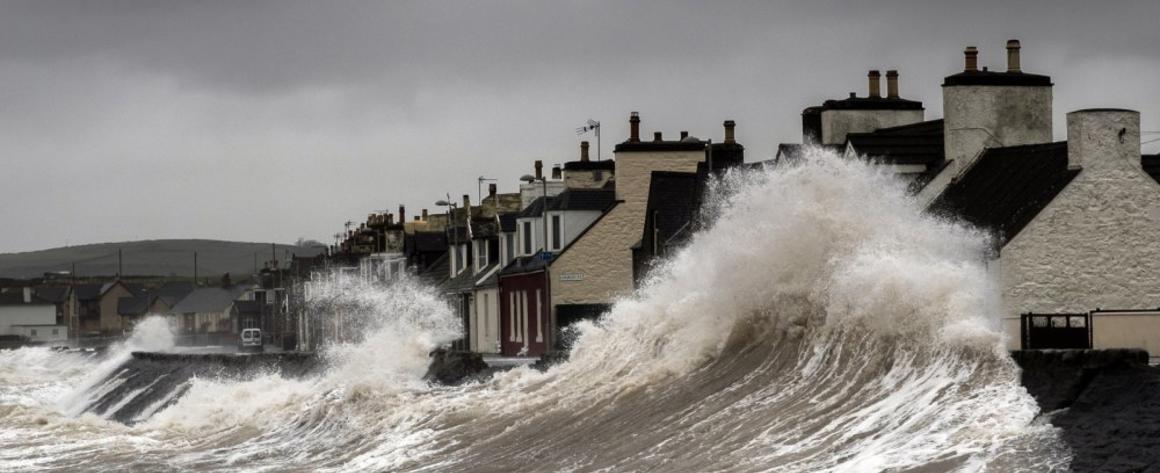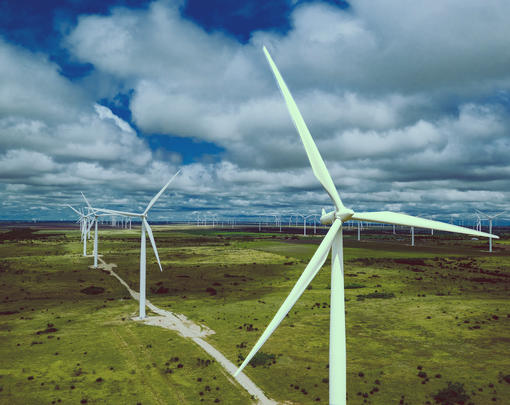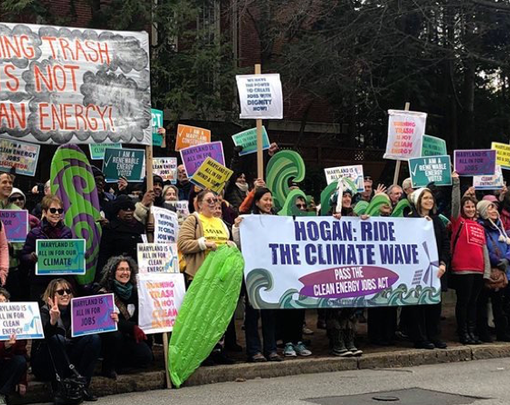The climate crisis we are facing as a nation and as a planet demands action—but at what scale? Here at the Next System Project, we think it is vitally important that we work at the community, city, and state levels at which all sorts of progress towards energy democracy is possible now, without losing sight of the larger systemic transformations and interventions that will be necessary to avert climate catastrophe. In both cases, we need to build power, through movements and in new institutions, and the power thus built at the local level can help us generate the momentum we need for action at larger scales.
Our co-chair Gar Alperovitz likes to refer to this kind of double strategy as “walking on two legs.” In that spirit, and in advance of the People’s Climate Movement march on April 29th, we want to provide two resources, one designed to help build new institutional power from the grassroots up, and the other outlining the systemic horizons we need to be aiming for.
The first is a newly updated and expanded version of our “strategy deck” Building Community Capacity for Energy Democracy—we will have printed versions of this deck available for free at some of the events the night before the People’s Climate Movement march, but you can see the electronic version here:
Here’s how the box for the deck explains what the cards are for:
Energy democracy is the simple idea that the transition we urgently need to clean, renewable sources of energy should be accomplished hand-in-hand with the expansion of a more equitable economy and of a more participatory democracy. It’s a vision in which the communities locked out of decision making about the current energy system—who more often than not are the communities who suffer the most from pollution and climate change—get the chance to determine what a future energy system looks like, and control it from the bottom up.
But beneath this simple idea is a potentially bewildering array of strategies—new technologies, new models for regulation, and new forms of distributed and public ownership. Which kinds of renewable energy production really build community power? Rather than prescribing a single vision of what “energy democracy” might mean, the deck in your hands is designed to let you explore and remix the basic elements of an inclusive and sustainable energy system, grounded in the agency of communities to shape their own ecological and economic futures.
While grassroots and local initiatives like those in the energy democracy deck are vital, especially given the current political context at the national level, we can’t forget that really addressing the climate crisis requires interventions at all levels, including at the level of the system itself. The paper here, authored by Next System Project co-chairs Gar Alperovitz and Gus Speth, together with NSP Executive Director Joe Guinan and Democracy Collaborative President Ted Howard, traces the systemic changes we need to truly respond to climate change. In particular, it highlights the need to take the question of time seriously—our preferred pathways for transition that would build a more equitable and just economy may need quicker, bolder interventions to create the time needed for such transformations. In particular, one way it suggests we can buy this necessary time is by leveraging the power of central bank money creation to simply buy up and shut down the largest corporate actors in the fossil fuel industry. This idea—”QE for the planet”—is being developed further as an organizing strategy by the Next System Project’s Carla Santos Skandier as a fellow with the Climate Strategies Accelerator, and is also detailed in this article for The Nation, “The Policy Weapon Climate Activists Need.”





